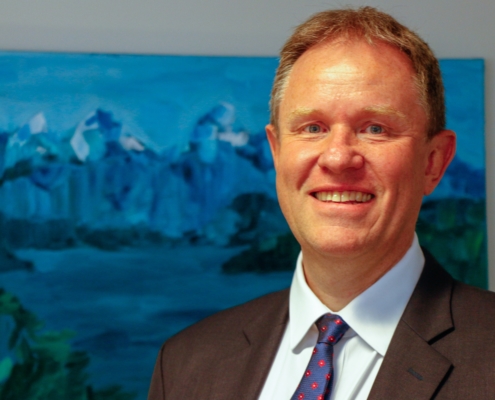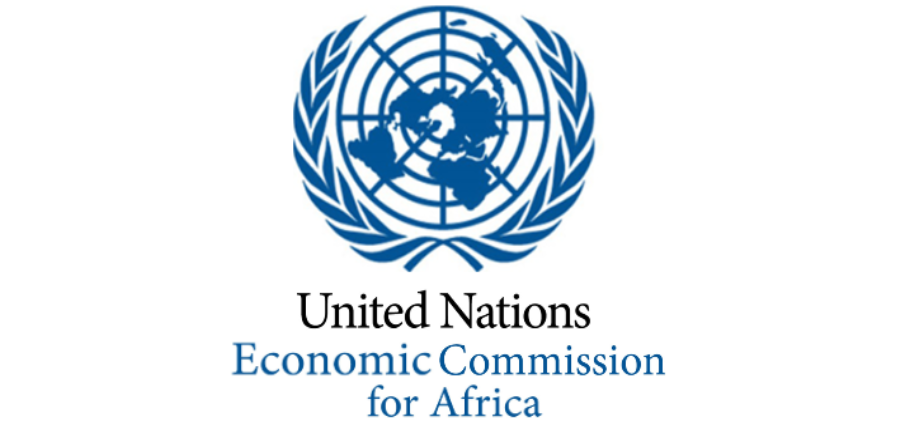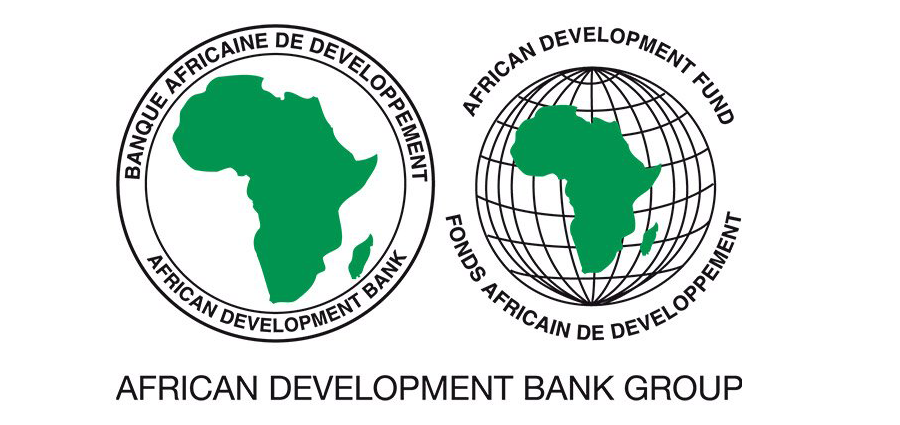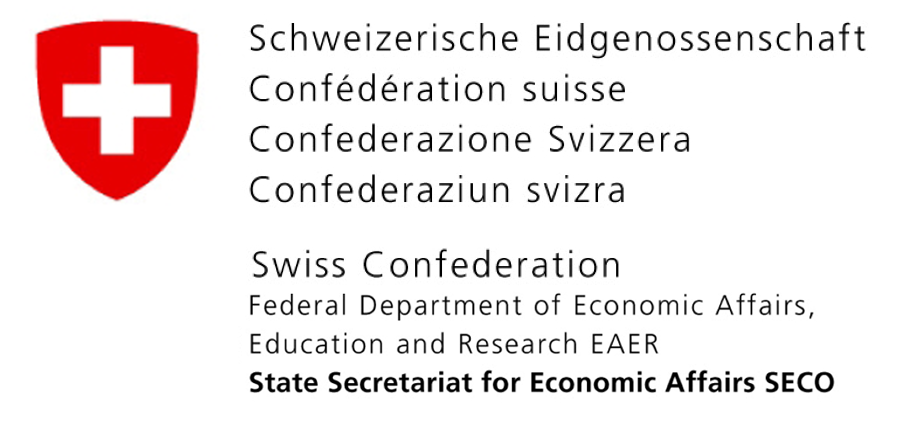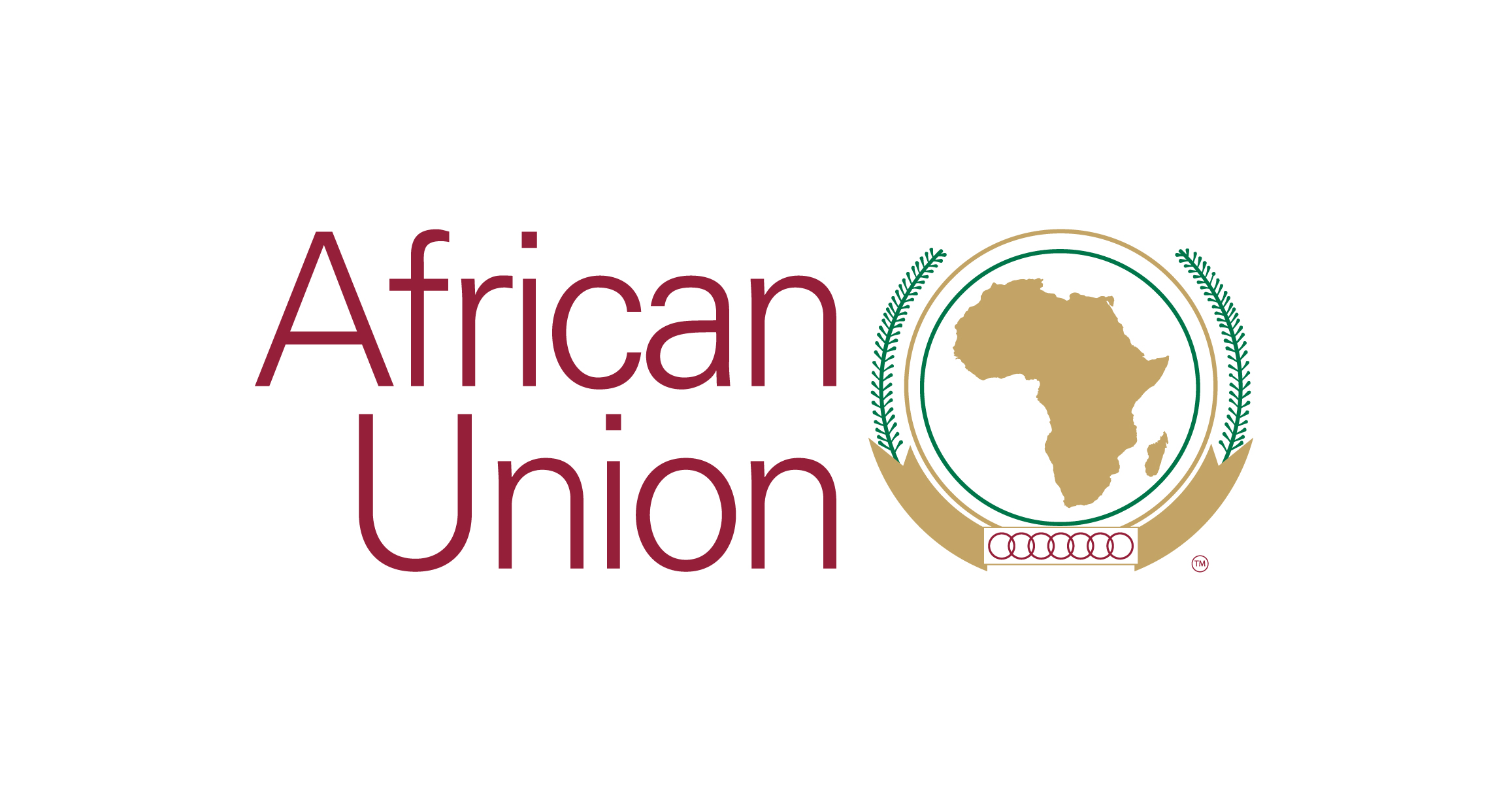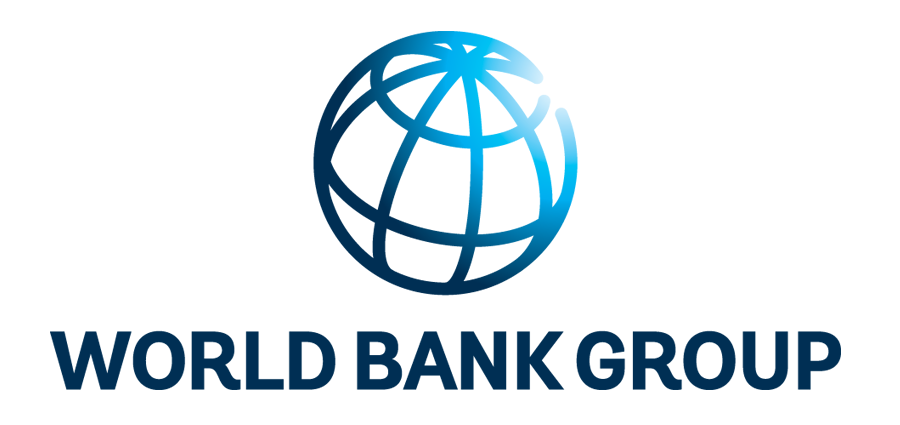Interview with Mr. Franz R. Drees-Gross for Africities 8th Summit
Mr. Drees-Gross was interviewed as part of a series leading to the Africities 8th Summit that will be held in Marrakech, Morocco on November 20-24, 2018. The complete interview can be found on the website www.africities.org
He talked about the challenges and opportunities in the continent regarding urban mobility and stated that "Africa’s main barriers to accessible and sustainable urban mobility include the lack of awareness and political will”. As a part of the interview, he was also asked about the session delivered by The World Bank on Local Strategies for access to Mobility and Transport for all.
Sustainable mobility is central to Africa’s urban development. The face of African cities is evolving very fast due to demographics, the transformation of the continent’s economy and growing motorization. Today, African cities are crowded, disconnected and costly. They lack reliable transportation, which limits workers’ job opportunities and prevents firms from reaping scale and agglomeration benefits
This problem could be aggravated since it is expected that by 2050, 60 percent of Africans will live in urban areas, against a current world average of 51 percent. Africa’s rate of urbanization is by far the highest in the world, with 3.09 percent for the 2011-2030 period, compared with 1.87 percent in Asia, 1.13 percent in Latin America, 0.98 percent in North America and 0.33 percent in Europe.
Cities in all parts of Africa are facing challenges and urban mobility is one of the most prominent. Africa’s main barriers to accessible and sustainable urban mobility include the lack of awareness and political will, the lack of coordination and of a long-term approach as well as scarce know-how, weak human resources and insufficient financial means. In addition, the implementation of transport systems and infrastructures must consider the potential negative impacts and externalities of urban transport: road crashes and fatalities, pollution, and, at times, a lack of accessibility for some users.
The good news is that decision-makers across Africa, from the national to the city level, are more and more aware of these issues. Most are now implementing urban transport programs/projects – especially policy-oriented responses – to address those challenges.
The World Bank session at Africities, led by the Africa Transport Policy Program (SSATP), will discuss the policies and strategies that lead to structural improvements of urban mobility. The session will showcase key factors for successes in a context of fast-developing cities and metropolitan regions, with a strong emphasis on the inter-relationship of urban development, mobility, accessibility, and governance frameworks. It aims to provide to local authorities the key guiding principles and hands-on experience in policy development, governance reform and approaches in designing comprehensive strategies to improve urban development, accessibility and mobility.
